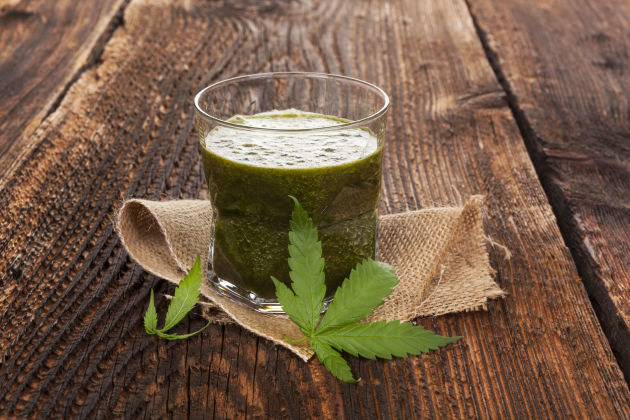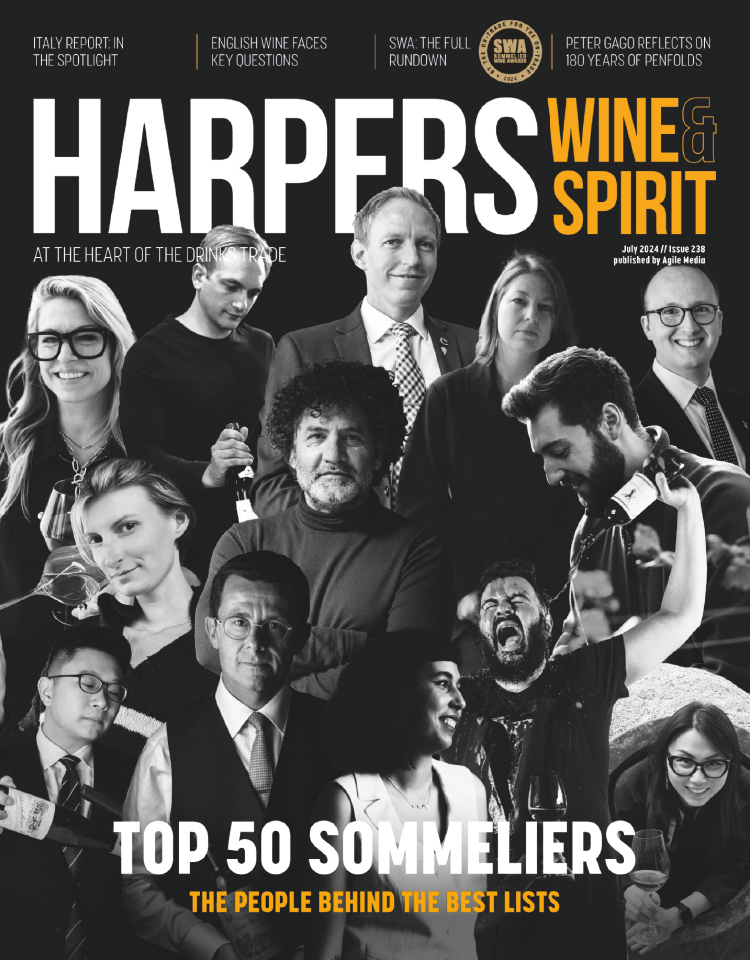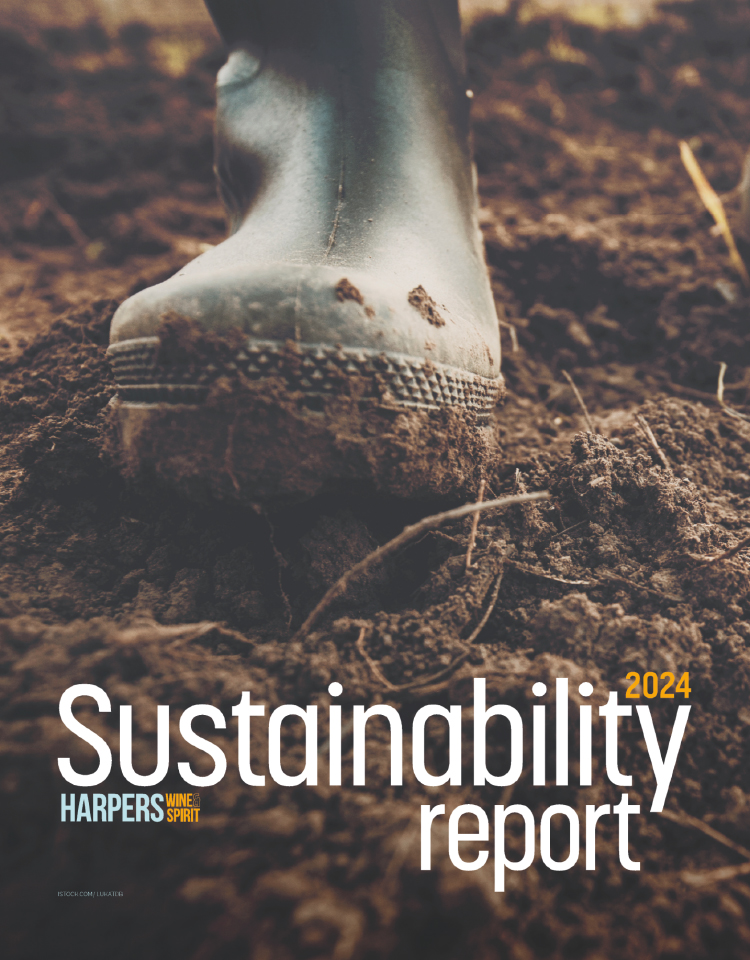
Friday Read: The Wild West of cannabis law
Look at any predictions for 2020 and beyond, and odds are that you will see the word ‘cannabis’. Looking back to 2019, a few key things set the tone for the next decade. Constellation Brands led the charge for the gold rush by buying an ever-bigger stake in Canadian cannabis producer Canopy Growth, with other companies clambering to get a piece of what has been called the next .com bubble.
Interestingly, in the past few days it has emerged that Constellation has seen something of a dent in its profits, and said it could be a few years yet before things turn around for the partnership between the Corona brewer and Canada’s biggest marijuana producer.
However, things are still very new for the cannabis industry. Whether it’s Canada, where THC is legal and highly regulated, or the US, where THC is illegal at federal level though legal in some states, consumer interested continues to explode across industries. And with predictions that global attitudes will become increasingly liberal in the next 10-15 years, this explosion is likely to continue.
Cannabis remains a hot ticket, offering a major challenger to alcohol for consumers who are shifting their drinking habits, particularly among younger consumers, where drinking socially is becoming less about hedonistic highs and more about wellness and mood.
As CBD continues to take different industries by storm, and brewers, winemakers and mixologists get in on the act by combining alcohol and CBD, it’s fascinating to see how the shifting tectonic plates of legalities worldwide are impacting the development of this industry.
That cannabis is the food and drinks’ sector's newest Wild West was highlighted at last year’s Bar Convent Berlin, when it was clear that NPD is moving at a faster rate than lawmakers can keep up with.
The result is a raft of new and creative projects, with many producers now looking beyond CBD to things like terpenes – a chemical not just found in cannabis and grapes but all over the natural world, each with their own unique mood-boosting effects.
Currently, the law is predominantly having to contend with the two most popular ingredients of the cannabis plant: THC and CBD, the psychoactive and the non-psychoactive elements respectively.
Different cultivars with different levels of THC and CBD exist. One of the most popular, hemp, is a low THC<.03% / high CBD strain that is used for ailments like glaucoma.
This is what ends up in drinks products like the newly re-launched zero-alc CBD spirit drink, Willow; and the Enotria-backed line of CBD bitters, OTO, which are designed to be used as a “functional and flavourful alternative to alcohol”.
CBD will produce no overt effect, or ‘high’, “no matter what the marketing folks want you to believe,” says mixologist and author of Cannabis Cocktails, Mocktails & Tonics, Warren Bobrow.
“It might just make you sleepy. That is a well-known effect of CBD. CBD is a total body relaxer.”
In the UK, it is fully legal to combine CBD with alcoholic and non-alcoholic products (more on that in the bullet points below.)
So far, the UK has based its model largely on the US, where Cannabidiol (CBD) oil is legal under federal law regardless of a prescription, provided it is extracted from hemp and that it contains less than 0.3% THC.
Where things differ is that THC is legal in some states, where local laws override the federal ban.
At present, this is true in 11 states: Alaska, California, Colorado, Illinois, Maine, Massachusetts, Michigan, Nevada, Oregon, Vermont, and Washington, as well as the District of Columbia, aka Washington DC.
But while the US is arguably more advanced, it’s also more volatile.
Stateside, the laws are changing all the time, largely because of the pace of innovation.
“Legislation is all over the place,” explains John Heseltine, who until recently was part of The Canna Co, one of the biggest cannabis producers Down Under. “It’s new. People don’t know the effects: the industry is running ahead of legislation, innovating, then waiting for the lawmakers to pull them back in.”
This is the case in California. In the US, if CBD is mixed with food or alcohol, it can fall under the jurisdiction of regulatory bodies like the Food and Drug Administration (FDA).
Cannabis became legal in California in 2016, and for the first four months, businesses were able to add CBD to their food and cocktails.
“Now however, it’s illegal,” says Christine Wiseman, bar manager, at Broken Shaker in Los Angeles. “For a while, you could ask any mixologist to add CBD to any cocktail for a $5 charge. Then the FDA said ‘wait a minute, we don’t like what’s going on here’.”
UK Law:
There is no abv limit on drinks that contain CBD, and this is true for all BWS. There is no upper CBD limit either. But CBD is recognised under EU law as a 'novel food' and a licence is needed for distribution.
• Importing CBD: No strict requirements apply for importing CBD into the UK provided THC is not detected at the border. ‘Not detected’ means no THC at 0.01% as verified by an accredited ISO lab.
• Selling CBD: You do not currently require a licence to sell CBD in the UK provided THC is not detected.
• CBD food: Adding CBD to food/drink requires a Novel Food application.
• Applying for a licence: Applying for Novel Food status or any other type of licence relating to CBD or hemp requires significant resources.
• Adding CBD to drinks: The inclusion of hemp seeds, hemp flour and hemp seed oil will legally prevent a fresh grape-based product being called ‘wine’ and prevent a named spirits drink category being used for spirit products. The correct term is 'spirit drink'.
• CBD and health claims: Adding hemp seeds, hemp flour and/or hemp seed oil to products means you must not make any claims linking consumption of the product with a health benefit. Health claims on alcoholic beverages above 1.2% are prohibited.
↓
So why should we care about all this?
Wine Intelligence says that cannabis in its currently available forms, including ‘cannabis wine’ (de-alcoholised, CBD-infused wine), does not seem to be making much headway with consumers. The reasons it poses for this is the lack of high profile brands on shelves, confusion around legitimacy and issues with taste.
However, as the younger generations, with their alcohol-sceptic and open-minded views on cannabis come through, and issues around flavour profile improve, this could change.
“Those open to the idea of cannabis wine represent a market segment that is hotly contested by wine producers looking to sell more premium products; and the same segment that is driving the fashion for premium spirits,” says Wine Intelligence’s Richard Halstead.
He goes on: “Perhaps the most alarming conclusion from the data so far is that the global wine industry’s future meal ticket – selling more premium product to younger, more educated and less frequent drinking consumers – is also the primary market for all of the premium spirits and premium cannabis products.”
As the long term effects of alcohol and CBD are explored – and lawmakers grapple with product innovation – for now, working with an alcohol-free base is increasingly becoming a way for producers to dip their toes into the murky waters of international cannabis law.
This is why Enotria CEO, Troy Christensen, is convinced low and no is the way to go.
“The biggest opportunity will be capitalising on the low and no alcohol wellness trend. That said, many mixologists can create very engaging products using CBD [and alcohol] as well. There have been a number of wineries that currently produce CBD and hemp wine, but my palate suggests it won’t be a big winner,” he says.
Confusion from a consumer point of view is also compounding things.
CBD is undoubtedly one of the current hot trends circulating the wellness and beauty worlds. But as the phenomenon continues to march into drinks, stories abound of consumers queuing around CBD cocktail stalls at international bar shows, by turns worried and eager about the effects.
“I’m approached all the time by concerned participants asking things like ‘will I pass a drug test,’ or ‘will I be able to drive’?’ says Bobrow.
“But CBD will never, ever get you stoned, no matter what the marketing folks may want you to believe. What you may feel is sleepy. That’s a well-known effect. CBD is a total body relaxer.”

The uncertainty around health impacts, changing laws and consumer caution are all reasons that Heseltine moved on from working with CBD at Canna Co.
“I felt that the proposition and positioning was interesting, but also a little confusing for the average consumer. There was also a considerable conflict between alcohol consumption and the potential effects of cannabis,” he says.
In the meantime, he is concentrating on terpenes, from the calming and herbal mycrene to the fruity and energising terpinolene.
For Heseltine, staying away from cannabis and alcohol altogether means bypassing law and health risks, but still being able to play into the same cues that draw many people to CBD and cannabis in the first place, including health, mood-boosting and anti-stressing properties.
“There’s been a rush to put CBD into everything. It’s become the main name in the industry,” says Heseltine. "But that’s just one chemical. There are 450 different types, and CDB and THC are just two. Terpenes are unique in that they naturally carry flavour, but our interest is also on their functionality.
“Terpenes have been used in the food industry for many years,” he continues. “But scientific and technological advances led by the cannabis industry have enabled natural terpenes to be isolated and blended [with drinks].
“Demand for infused products – terpenes, CBD or THC – is enormous, mainly from a health perspective. Everyone is anxious, tired or knows someone that’s ill. We’re trying to bring these health benefits into the market and allow people to have them in a way that suits them.”
Though there is no known case of a fatal overdose from CBD, there has been little research on the impact of mixing alcohol and CBD.
Wiseman cautions: “CBD has lasting benefits. For example, cancer is affecting a lot of our lives and CBD is helping. We’re riding the wave of CDB and THC and it’s magnificent.
“But I do believe that with addition of alcohol we have to be careful. There are a lot of learning curves. This is a Wild West. We’re making the rules right now.”
Some, like Christensen, are pushing for more clarity on the “confusing rules across US and UK” on the legality of mixing CBD with alcohol.
He says: “One hopes they are more clear in the future, partly to keep the bad actors out of the market. A number of studies in the US suggest that leaving the door open to innovation without regulatory clarity has created many products that claim CBD but contain none.
“Also, there are instances of products with more THC than allowed due to poor quality. If the UK could provide a regulatory framework, CBD would be a great opportunity to bolster interest in the on-trade and create agricultural opportunities in the UK.”
Bobrow goes one step further. The all-round cannabis enthusiast envisions a future where “mixologists will enter cocktail competitions using cannabis and THC. It adds a whole new level to the process, working not only with the flavours but the effects, too. There’s nothing wrong with mixing cannabis and alcohol in small doses. The approach should be ‘take things easily and carefully and always ask questions'. No more than one THC cocktail per hour.”
Mixing THC and alcohol might be a bridge too far, for now.
However there’s no denying that as a jumping off point, where the sector is now is drumming up a huge amount of interest and excitement for the future. And regardless of where the law heads to next, it’s something that the drinks industry can be and is already a part of.
Keywords:
- new
- US
- years
- industry
- NPD
- Bar Convent Berlin
- legal
- cannabis
- wild west
- different
- continues
- thc
- last year’s
- CBD
- things
- year’s bar
- drinks’ sector
- newest wild
- last year’s bar
- year’s bar convent
- unique mood boosting
- own unique mood







